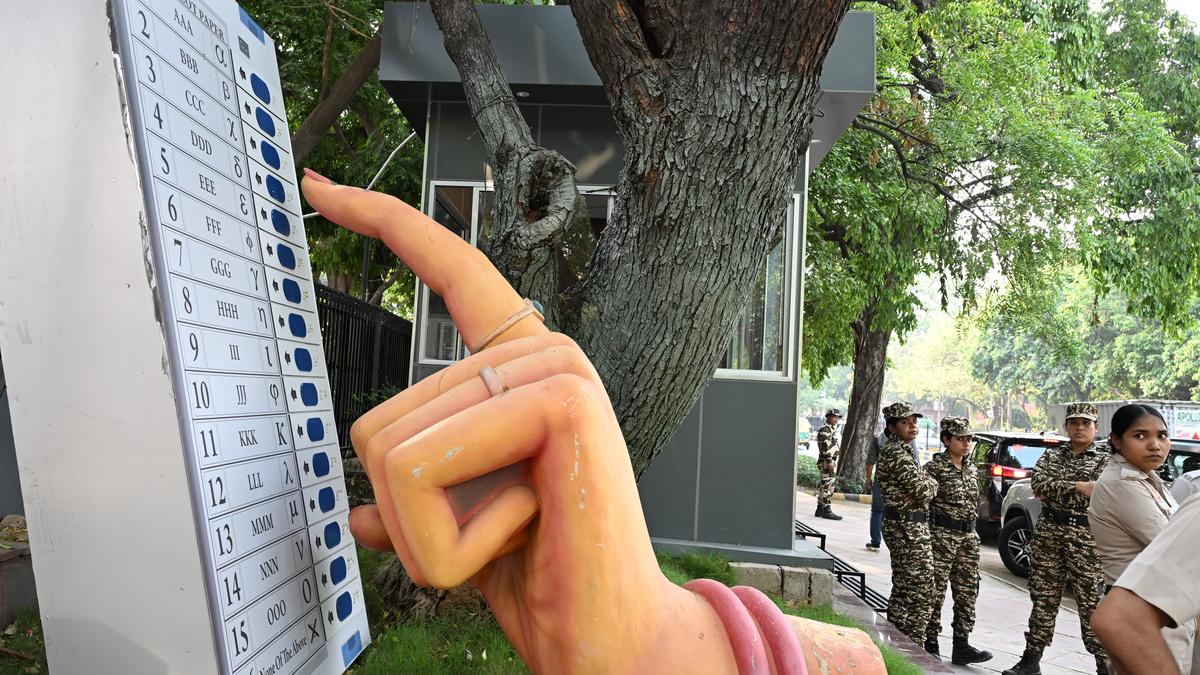In recent political discourse, there has been a focus on the mechanisms for de-recognising or de-registering political parties in India. This issue has gained prominence amid calls for increased accountability and adherence to democratic principles by political entities. Understanding the legal framework and procedural nuances involved is crucial for grasping the extent of regulatory control over political parties.
Governing Laws and Guidelines
Political parties in India are primarily governed by:
- Representation of the People Act, 1951 (RPA): This act sets forth the criteria for recognition and registration of political parties, including the submission of constitutional documents, periodic financial disclosures, and compliance with electoral laws.
- Election Commission of India (ECI): The ECI sets guidelines and grants recognition to political parties based on their performance in elections.
Recognition and Registration of Political Parties
- Recognition: Recognition by the ECI is based on a party’s performance in elections, particularly their vote share and the number of seats won. Recognized parties receive various privileges, such as reserved party symbols, free airtime on state-run media during elections, and access to electoral rolls.
- Registration: Registration is a formal acknowledgment of a party’s existence and compliance with basic statutory requirements under the RPA.
De-recognition of Political Parties
- Criteria for De-recognition: De-recognition occurs when a party fails to meet the performance benchmarks set by the ECI over a period of time. For example, if a party does not secure the required percentage of votes or seats in consecutive elections, the ECI may withdraw its recognition.
- Effects of De-recognition: De-recognition primarily affects the party’s privileges but does not strip it of its legal existence.
De-registration of Political Parties
- Criteria for De-registration: De-registration involves the complete removal of a party from the official registry of political parties. This can occur due to gross violations of legal norms, such as failing to disclose financial details, engaging in unlawful activities, or not adhering to the party’s own constitution.
- Process and Judicial Review: The ECI has the authority to initiate de-registration proceedings, but such actions are subject to judicial review to ensure fairness and adherence to due process.
Importance of Regulatory Mechanisms
The recent debates on de-recognition and de-registration underscore the need for stringent regulatory mechanisms to ensure political integrity. The role of the ECI and the judiciary in overseeing the conduct of political parties is pivotal. Ensuring that parties adhere to democratic norms and legal requirements is essential for the health of the political system.
Conclusion
While the de-recognition and de-registration of political parties are possible under Indian law, they are subject to specific conditions and procedural safeguards. These measures aim to balance the autonomy of political entities with the need for regulatory oversight to uphold democratic principles.
Multiple Choice Questions (MCQs):
- Which act primarily governs political parties in India?
- a) Indian Penal Code
- b) Representation of the People Act, 1951
- c) Election Rules Act, 1960
- d) Constitution of India
- What privileges do recognized political parties receive from the ECI?
- a) Reserved party symbols
- b) Free airtime on state-run media during elections
- c) Access to electoral rolls
- d) All of the above
- De-recognition of a political party by the ECI primarily affects which aspect?
- a) Legal existence of the party
- b) Party’s privileges
- c) Party’s leadership structure
- d) Party’s ability to participate in elections
- Which of the following is NOT a reason for the de-registration of a political party?
- a) Failure to disclose financial details
- b) Engaging in unlawful activities
- c) Not adhering to the party’s constitution
- d) Low voter turnout
- Who has the authority to initiate de-registration proceedings against a political party?
- a) Supreme Court of India
- b) President of India
- c) Election Commission of India
- d) Parliament of India
